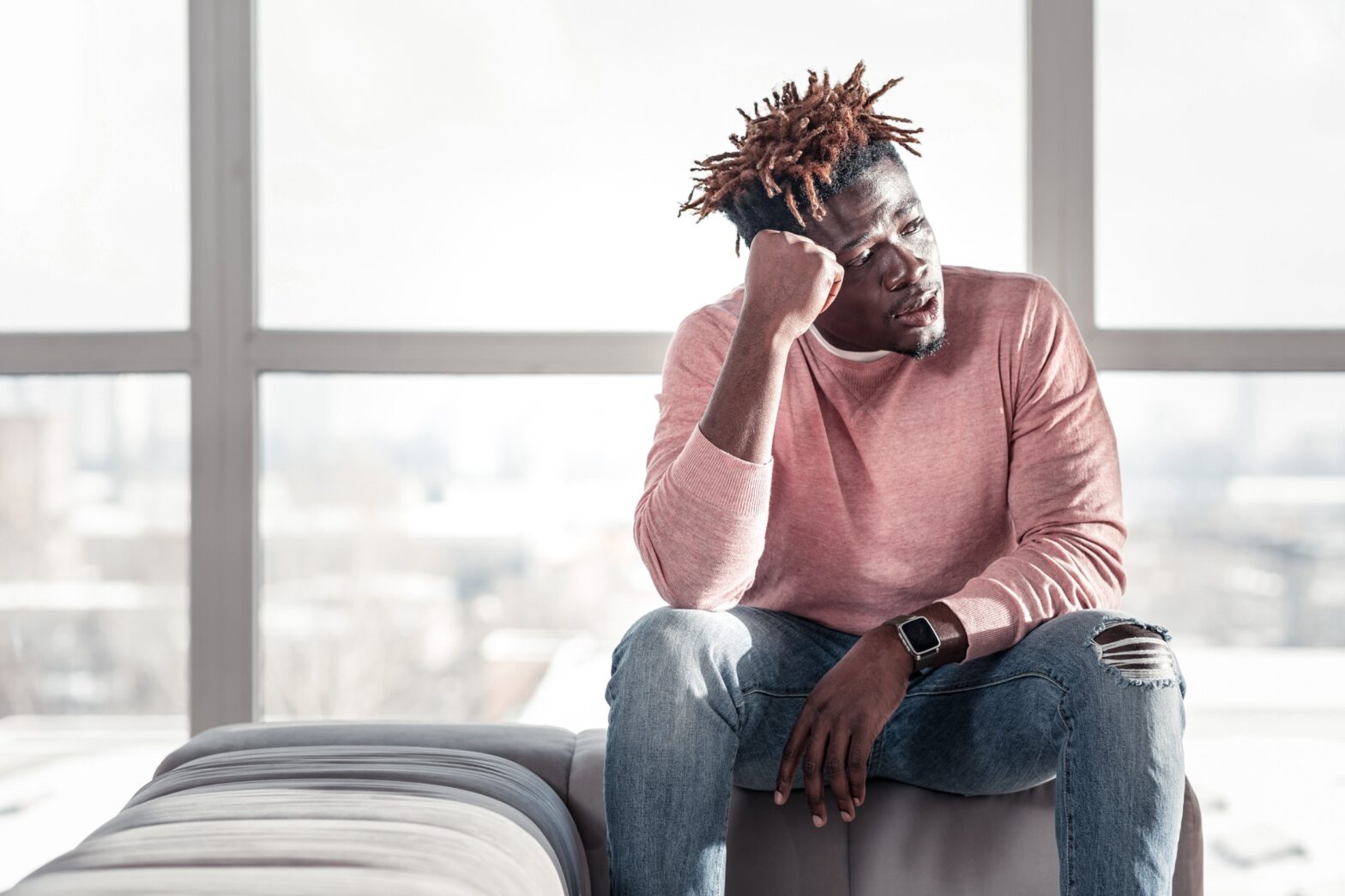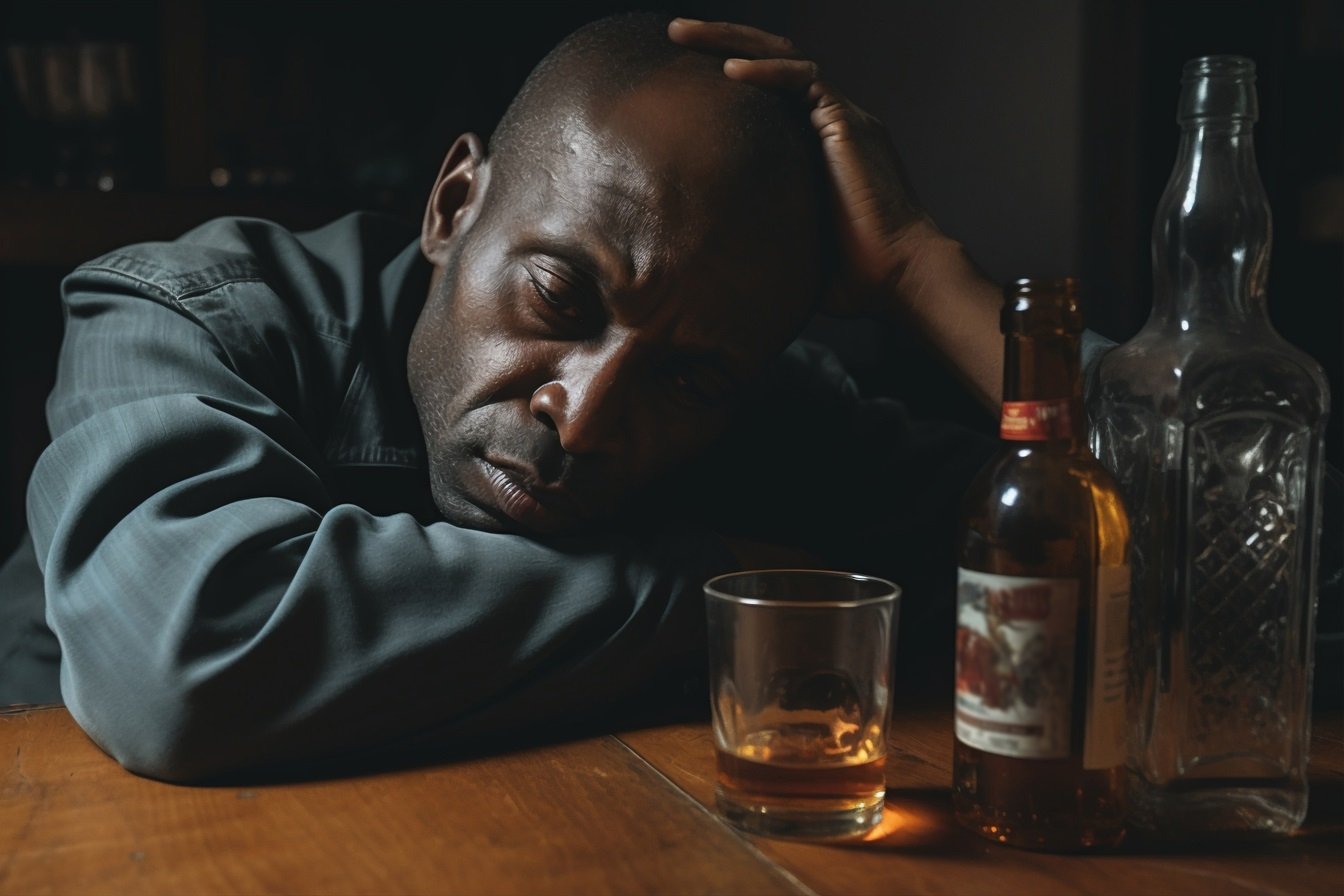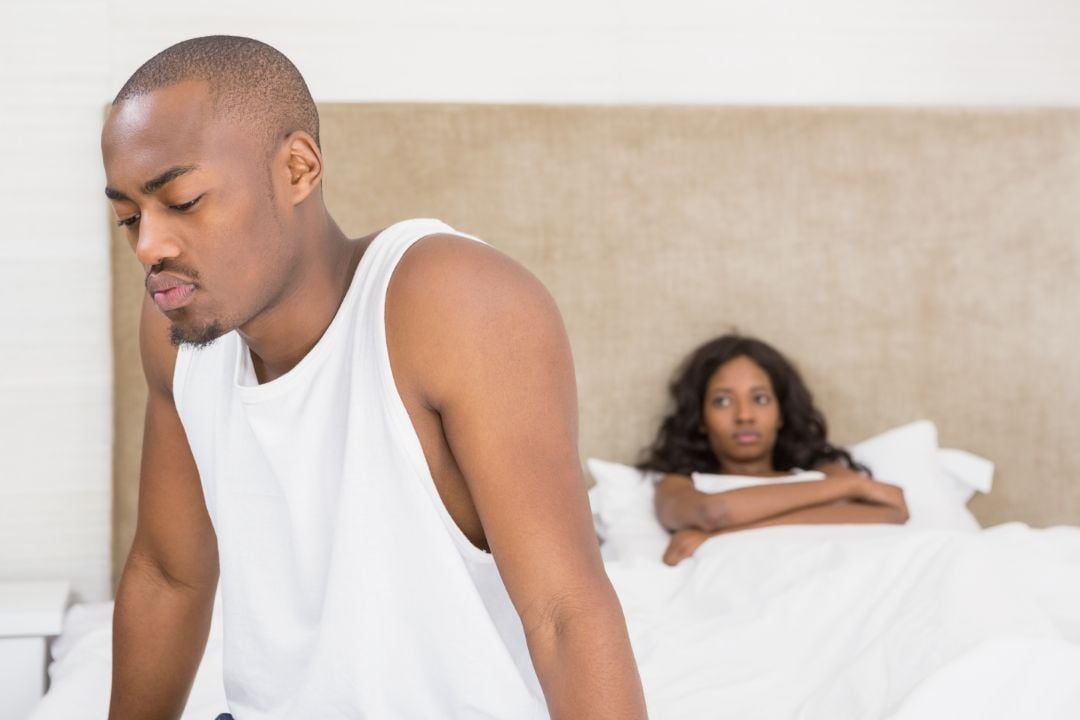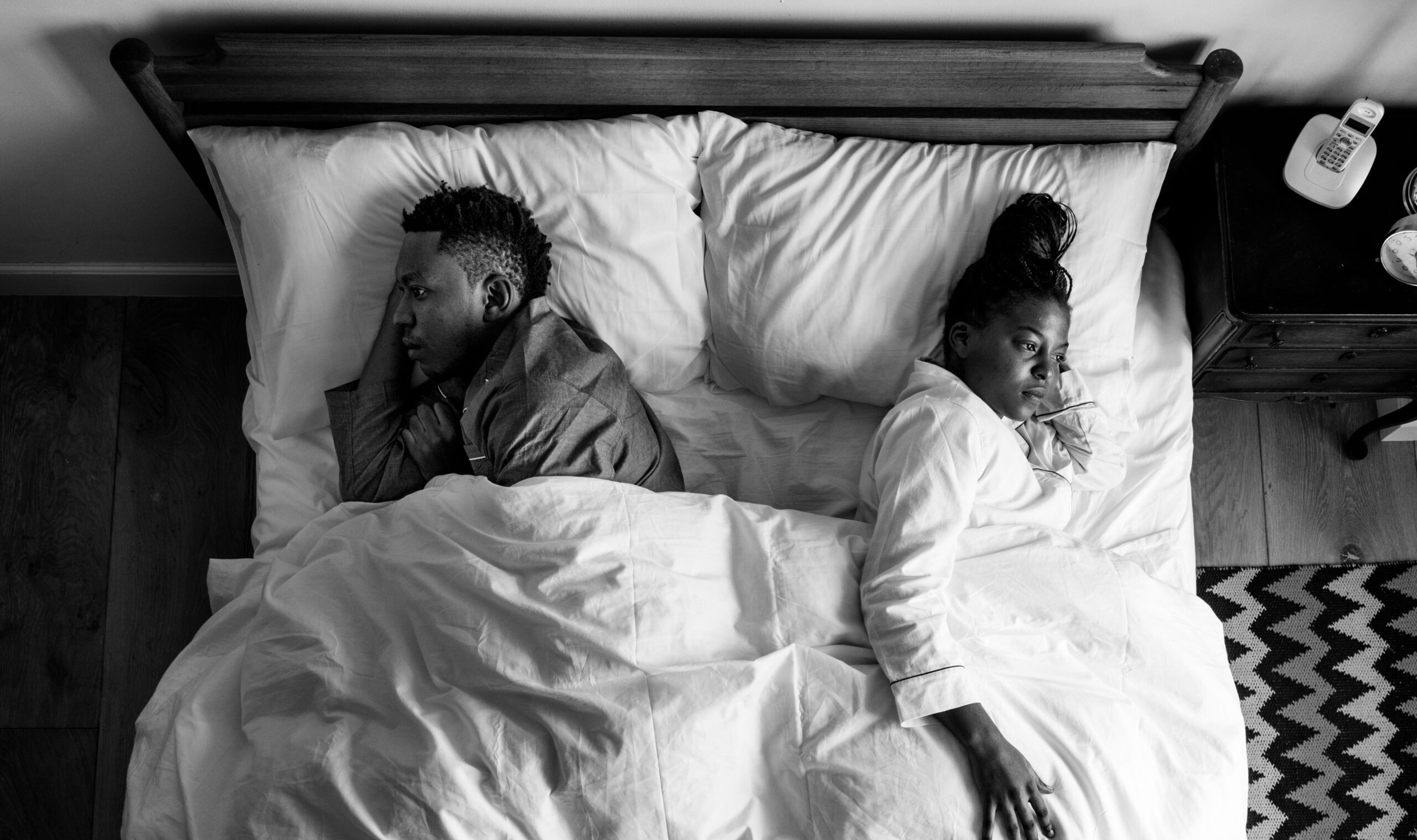Anxiety disorders are extremely common; the Anxiety and Depression Association of America recently estimated that 40 million people are affected. However many people wonder what exactly are the triggers of anxiety.
Anxiety is a mental health condition that causes people to feel worried, afraid, or tense. Anxiety can cause physical symptoms such as chest pain and panic attacks in some people.
It may be difficult to pinpoint what causes anxiety and anxiety disorders. However, it’s possible that other factors, such as genetics and environmental factors, are at work.
Certain situations, feelings, or experiences can either precipitate or exacerbate anxiety symptoms.
Although the causes of anxiety vary from person to person, many of the triggers are shared by those who suffer from these issues.
While most people have multiple triggers, some people experience anxiety attacks for no apparent physical reason.
This is why, no matter how subtle they appear, it is critical to identify any anxiety triggers you may have.
In the following paragraphs, you will learn about these anxiety-inducing situations as well as some anxiety-reduction strategies.
1. Anxiety caused by medical problems
Anxiety can be caused or exacerbated by a serious or distressing medical diagnosis, such as cancer or other chronic conditions. This type of trigger is serious because it evokes strong and immediate emotions.
Being proactive and involved with a doctor may help reduce anxiety caused by health problems. Speaking with a therapist may also be advantageous because they may teach you how to control your feelings about your condition.
2. Medicines
Some prescription and over-the-counter (OTC) medications may exacerbate anxiety symptoms. This is because the active chemicals in the drugs may make you feel uneasy or ill.
The following medications may cause anxiety:
- Contraceptive pills
- Cough and congestion medications
- Weight loss medications
Discuss how these drugs make you feel with your doctor, and try an alternative that does not trigger your anxiety or worsen your symptoms.
3. Coffee
Many people rely on coffee to get them through the day, which can cause or worsen anxiety.
According to a 2022 study, consuming approximately five cups of coffee causes panic attacks and increased anxiety levels in people with panic disorder.
Consuming energy drinks increased anxiety in men but not women, according to a 2020 Australian study of 429 20-year-olds conducted over two years.
Work to reduce caffeine consumption by substituting caffeine-free options whenever possible.
4. Meal skipping
When you don’t eat, your blood sugar drops, which can cause trembling hands and abdominal pain. It may also cause anxiety.
Eating balanced meals is essential for a variety of reasons. It provides you with essential nutrients and energy. If you can’t fit three meals in a day, healthy snacks are a great way to avoid low blood sugar, jittery or agitated feelings, and anxiety.
Remember that a lack of food can have a negative impact on your mood.
5. Negative thinking
Anxiety is a clear indication of how much of your body is controlled by your mind. When you’re angry or frustrated, the things you tell yourself can make you feel even more anxious.
If you frequently use harsh words when thinking about yourself, learning to redirect your language and emotions can help you get started. Working with a professional can be extremely beneficial during this time.
Financial concerns
Concerns about debt or saving money may cause anxiety. Other reasons include unanticipated expenses and financial concerns.
To learn how to manage these triggers, it may be necessary to seek expert assistance, such as from a financial advisor. Having a guide and a coach to help you through the process may reduce your anxiety.
7. Get-togethers or parties
If being in a room with strangers doesn’t sound like fun, you’re not alone. Social anxiety disorder is a term used to describe the anxiety that can be caused by having to engage in small talk or socialize with strangers.
Bring a friend if possible to allay any fears or uneasiness. However, working with a professional to identify coping strategies that will make these situations easier to handle in the long run is essential.
8. Disagreement
Anxiety can be caused or exacerbated by relationship conflicts, fights, and disagreements. If conflicts irritate you, you may need to learn conflict resolution techniques.
Speak with a therapist or other mental health professional to learn how to manage the emotions that these conflicts cause.
9. Stress
Anyone can become anxious as a result of daily stressors such as traffic jams or missing a train. However, chronic or long-term stress can cause anxiety and other health problems.
Stress can also cause people to engage in behaviors that trigger or worsen anxiety, such as drinking alcohol, skipping meals, or sleeping too little.
Learning coping skills is frequently required for both the treatment and prevention of stress. With the help of a therapist or counselor, you can learn to identify your sources of stress and deal with them when they become bothersome or overwhelming.
10. Public performances or gatherings
Situations such as public speaking, speaking in front of your boss, competing in a competition, or even reading aloud can all cause anxiety. If your job or hobbies require it, your doctor or therapist can help you find ways to feel more at ease in these situations.
Furthermore, if your friends and coworkers compliment you, you may feel more at ease and confident.
11. Individual triggers
These triggers may be difficult to identify, but a mental health professional can help you. These could begin with a scent, a location, or even a song. Personal triggers, whether consciously or unconsciously, bring up unpleasant memories or painful experiences from the past.
Anxiety is commonly caused by environmental factors in people suffering from post-traumatic stress disorder (PTSD).
It may take some time to identify your triggers, but it is critical that you do so so that you can learn to manage them.
Suggestions for identifying potential triggers
Your ability to deal with and avoid triggers is dependent on your ability to recognize and comprehend them. You can learn specific coping mechanisms to use when triggers occur.
Below are three ideas for identifying triggers
- Begin a journal: Take note of when your anxiety flares up and any potential triggers you can think of. Some applications allow you to track anxiety attack episodes.
- Consult a counselor: Some anxiety triggers can be difficult to identify, but a mental health professional can help. To identify them, you could use talk therapy, journaling, or other techniques.
- Be truthful with yourself: anxiety can lead to negative thoughts and inaccurate self-evaluations. This can make detecting triggers difficult due to nervous reactions. Be gentle with yourself and open to reflecting on the past to see how it may still affect you today.
The signs of anxiety
The most common signs of anxiety are:
- Uncontrollable tension
- Fear
- Tense muscles
- A fast heartbeat
- Insomnia or sleep problems
- The inability to focus
- Bodily discomfort,
- Tingling
- Restlessness
- Feeling tense
- Irritability
If these symptoms last for six months or longer, you may have Generalized Anxiety Disorder (GAD). Other types of anxiety disorders may exhibit symptoms that differ from GAD.
For example, if you suffer from panic disorder, you may notice the following:
- Palpitations or a pounding heart
- Feeling as if your throat is closing
- Shivering
- Perspiring
- Unfounded apprehension
Even if you occasionally experience anxiety for no apparent reason, there is usually a trigger that you are unaware of.
When you experience uncontrollable anxiety without knowing why, this is a sign of generalized anxiety disorder.
In addition to the triggers mentioned above, the following are some other possible causes of anxiety:
- Some anxiety disorders may be inherited. If someone in your family has an anxiety disorder, you are more likely to develop one as well.
- According to a 2021 brain imaging study, people who suffer from free-floating anxiety have thicker neurons in some areas of their brain and fewer in others.
- Many illnesses, including diabetes, arthritis, asthma, and COPD, can cause anxiety.
If you’re experiencing anxiety but aren’t sure what’s causing it, speaking with a therapist may help.
Looking for help
If you believe you are worrying excessively or have an anxiety disorder, it is time to seek help. As anxiety symptoms become more common, it may become more difficult to identify them.
To begin the conversation, speak with a doctor. They’ll ask you about your symptoms, take a medical history, and perform a physical exam. They’ll also want to rule out any physical issues that could be causing the problems.
Following that, a doctor may decide to treat you with medication. They may also recommend a mental health professional, such as a psychologist or psychiatrist. To address anxiety and stop triggers, these specialists may combine talk therapy and medications.
You can also check out 6 ways to relieve anxiety naturally
Takeaway
Although a little worry is normal, persistent worry, fear, or dread are not. They imply that you should seek professional assistance.
Anxiety is a very treatable mental health issue. However, many anxious people choose not to seek help.
If your anxiety is interfering with your daily life, you should seek professional help. A mental health professional can help you identify a treatment strategy that will reduce your symptoms and teach you how to manage your anxiety triggers.






